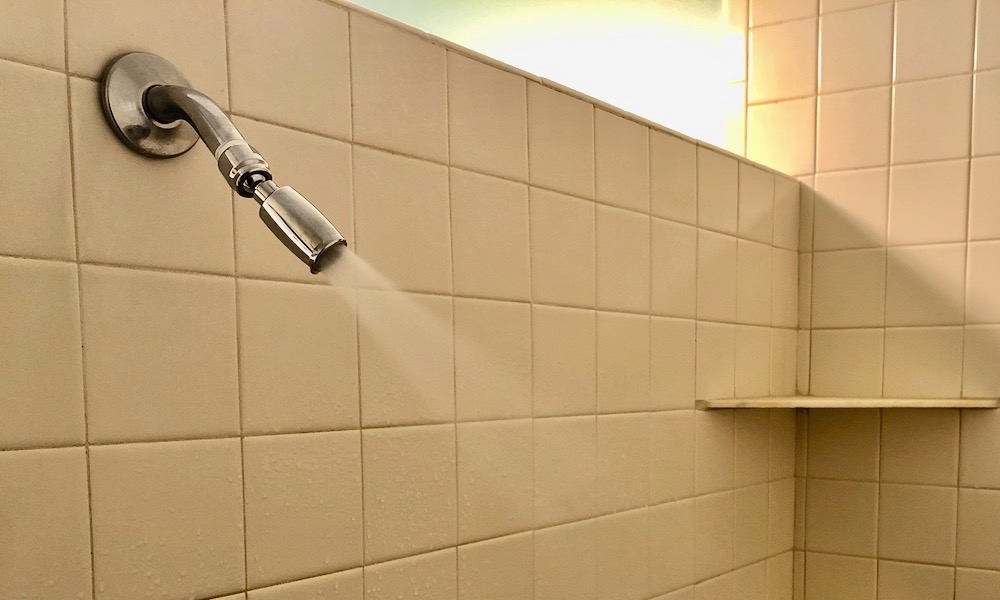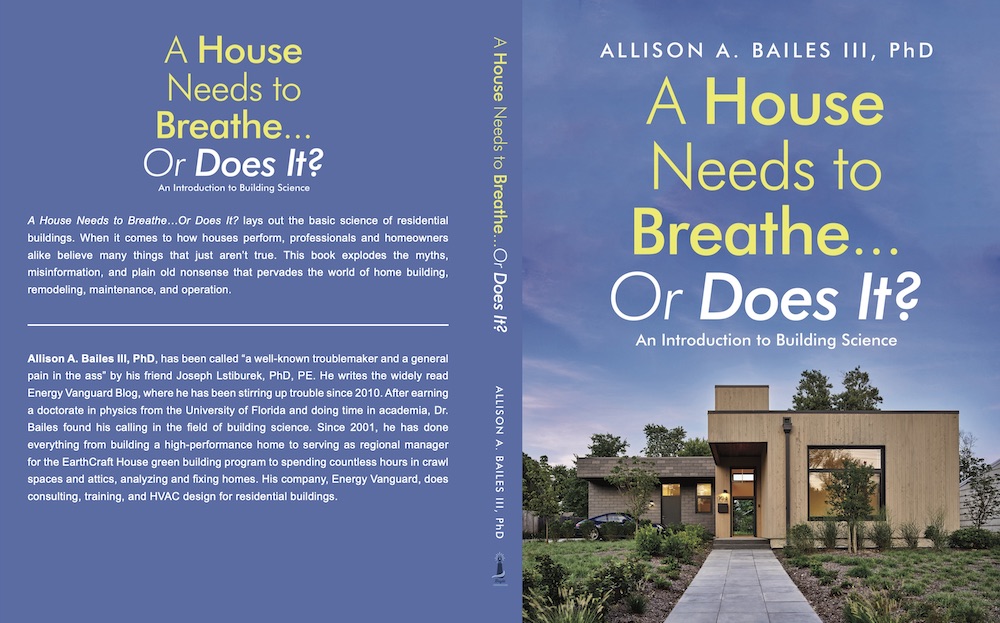Show me the numbers. I’ve been through dozens of actual installs, and it’s only edge cases where spending dollars on extra efficiency beats spending dollars on your power system.I don't agree with this, save the energy so you don't have to create it in the first place.
How long have you lived off-grid, and what is your average daily usage?
A good example of this is a neighbour if mine that spent close to 100k extra on building a passivhaus spec home.
He still had to build a power system, and still had to install RC aircon for those stretches where we get over 40°C days for weeks on end.
An extra 20k on his power system instead would have enabled his house to sit precisely at his desired temp/humidity for his lifetime.
For sure hit the easy targets like insulation and sensible design - but things like ultra efficient appliances, or expensive building modifications will not pay off in most cases. It’s one of the most common mistakes i see when people go “off grid” and rely on advice from experts who don’t actually have a lot of experience with off grid life.




